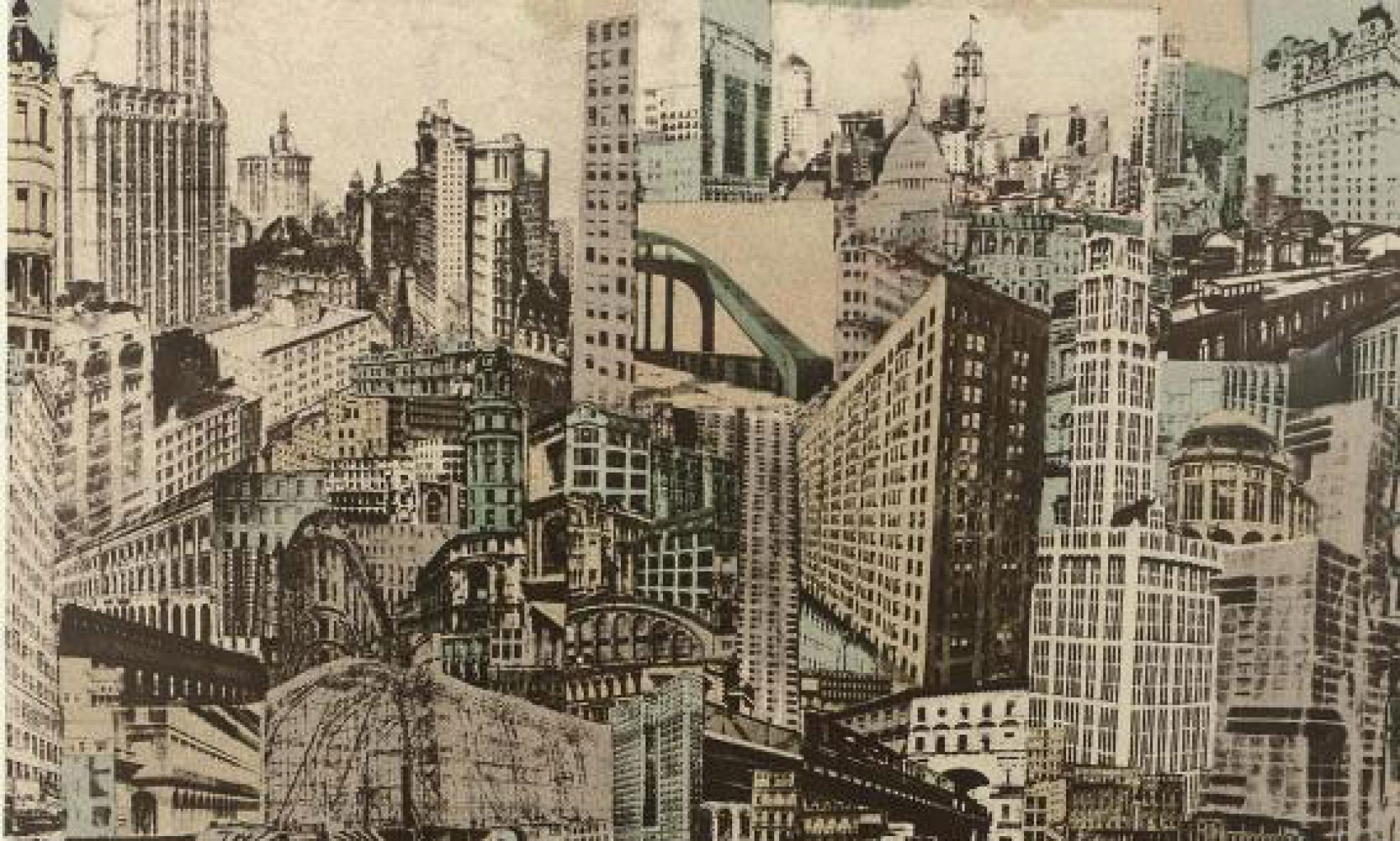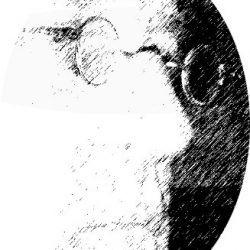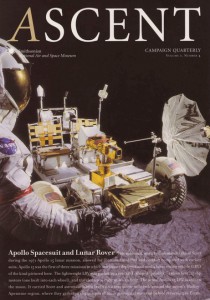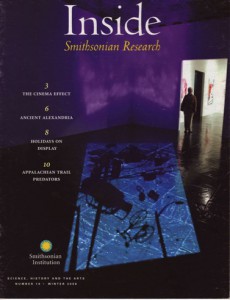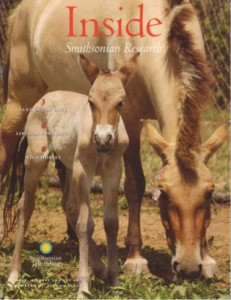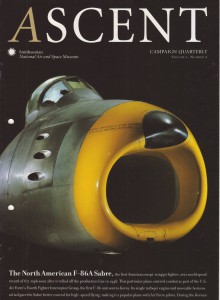A dual citizen of Germany and the United States, (labor) historian and writer Topper Sherwood has lived in Berlin since 2008. In the United States, he wrote for many US publications, including TIME, BusinessWeek, the Boston Globe, Mother Jones, the Chronicle of Higher Education, and Smithsonian ‘Air & Space’ magazine. He also created resource materials for the Smithsonian Institution, the US Department of Education, the US Department of Interior, and the US Department of Energy.
In Germany, he reported on industry networks. His subjects included firms working in logistics, food, energy, and alternative fuels. (See my downloadable pdf ‘clips’ below.)
Contact: toppersherwood@gmail.com
Current Project (EN):
Topper Sherwood’s ‘Berlin Stories’ on Substack
Practical Tales of “Radical” Art and Literature
from Early 20th-Century Berlin.
Topper Sherwood’s ‘Berlin Stories’ are tales of Berlin artists and writers, both of the past and present. Generally, these are German-language musicians, theater-, and film-producers — many of whom fought fascism (in Germany and elsewhere) long before 1933. In “Berlin Stories,” I enjoy taking a “deep dive” into the best, long-suppressed works of these talented artists, uncovering new details about how and why they conceived and made them. I personalize their stories in an effort to describe the very high, almost daunting barriers they worked to overcome.
Current Project (DE):
Einführung in die erste Reihe der Berlin Stories:
Ingeborg Franke von Wangenheim und Truppe31
Diese Artikel-Reihe heißt “Lektionen des Theaterensembles Truppe 1931” und basieren auf einem seltenen, unveröffentlichten Dokument, das ich in einer privaten Sammlung hier in Berlin gefunden habe. Ich transkribierte und übersetzte das Schreiben der Schauspielerin und überarbeitete es dann — unter Beibehaltung ihrer Stimme und ihrer reichhaltigen Tatsachengeschichten — um weitere Informationen (Material aus meinen eigenen Recherchen) — einzubauen. Das Ergebnis ist dieser 35-Teile “Tatsache Roman”, der die reale und faszinierende Welt von vielen, vielen “radikalen” Theaterleuten in Berlin aus dieser Zeit beschreibt.
========================
To-be-published book:
Der Wille zum Stil: ‘Radicale’ Utopisten im Weimarer Bauhaus, 1919-1925.
Im Jahr 1919 war jedes Mitglied dieses Wiener Freundeskreises entschlossen, schöpferisch tätig zu sein. Bruno Adler hatte Ambitionen als Kunsthistoriker, als Redakteur oder gar als Verleger. Vielleicht würde er ein eigener Blatt gründen, wie der Wiener Schriftsteller und Verleger Karl Kraus, dessen Zeitschrift Die Fackel die meisten jungen Leute kannten und bewunderten. Während die übrigen Mitglieder von Adlers “Wiener Kreis” in der grafischen Kunst tätig waren, schienen ihnen ganze Felder neuer Möglichkeiten offenzustehen — in der Theatergestaltung und -produktion, der Fotografie, der Architektur, dem Film; im Möbeldesign, der Mode, usw.
Um sich nicht festlegen zu lassen, behielten die vielversprechenden und erfahrenen Wiener Studenten die Hoffnung und den Glauben an ihre eigenen Ideen bei und besuchten den Unterricht ihres faszinierenden und innovativen Kunstlehrers Johannes Itten — bis zu dem Punkt, an dem sie ihm zu seiner neuen Stelle in Weimar folgten.
In jenem Sommer wurde Johannes Itten eingeladen, Lehrer an der neuen, revolutionären Bauhaus-Schule zu werden, die von ihrem Gründer und Direktor Walter Gropius geleitet wurde. Dort sollten Itten und seine Schüler zum aktivsten intellektuellen Kreis in der Geschichte des deutschen Bauhauses werden, ihr Einfluss reichte weit über ihre Zeit in Weimar hinaus.
Dieses Sachbuchmanuskript — nun ins Deutsche übersetzt — sucht derzeit seinen deutschen Verleger.
To-be-published book: The Will to Style: ‘Radical’ Utopians of the Weimar Bauhaus, 1919-1925.
In 1919, a group of friends in Vienna nurtured dreams of future accomplishment in literature and the arts. New fields of opportunity seemed open to them — in theater writing and production, in photography and film, in architectural design, fashion and textiles.Adventurous and enterprising, this small group followed their art instructor, Johannes Itten, to his new post at the recently-opened and revolutionary Bauhaus state school in Weimar, led by its founder and director, Walter Gropius.There, Itten’s students became the most active and influential intellectual circle in the history of the German Bauhaus.
This book-length, nonfiction manuscript — now translated into German — is currently seeking a German publisher.
=============
Book: Carla Rising — A Novel by Topper Sherwood.
Carla Rising follows the injustice and violence endured by a real community of coal miners, standing up to callous industrialists and corrupt law-enforcement officials to win decent working conditions, fair pay and greater regard for human life. Based on a real story.
Book: Just Good Politics: The Life of Raymond Chafin, Appalachian Boss.
Just Good Politics tells the stories of Raymond Chafin (1917-2008), an old-time mountain political boss who “managed” elections in his remote part of the world for state governors, US senators, and, in 1960, for American President John F. Kennedy. (The book tells the remarkable “behind-the-scenes” story of how JFK and his allies won the vital Democratic primary election in Chafin’s state, West Virginia.)
=======
After working for daily newspapers and The Associated Press, Topper Sherwood began work as a freelancer, selling stories to various U.S. journals, including Time, Business Week, Boston Globe, Chronicle of Higher Education, Preservation News (National Trust for Historic Preservation), Smithsonian Air & Space. He simultaneously worked for NGOs and clients in state and national government. His project proposals and successful grant applications have earned substantial operational funding for his clients, funding interesting and largely benign projects.
Before moving to Germany in 2008, Sherwood was a contract writer for the Smithsonian, including the Air & Space Museum’s US$300 million Capital Campaign for the Steven F. Udvar-Hazy Center. The job involved writing articles about museum artifacts, as well as columns for- and about high-profile donors.
Inside Smithsonian Research
article on “The Cinema Effect” Exhibit at the Hirshhorn, 2008. (PDF)
Inside Smithsonian Research
article on Lincoln Exhibit
in The Portrait Gallery (PDF)
More recently, I’ve been translating — or, better, interpreting — German poetry and lyrical work into English. Here are some downloadable examples — both audio and text:
 A pdf of my translation
A pdf of my translation
of Wolf Biermann’s “Ermutigung” (“Take Heart”)
